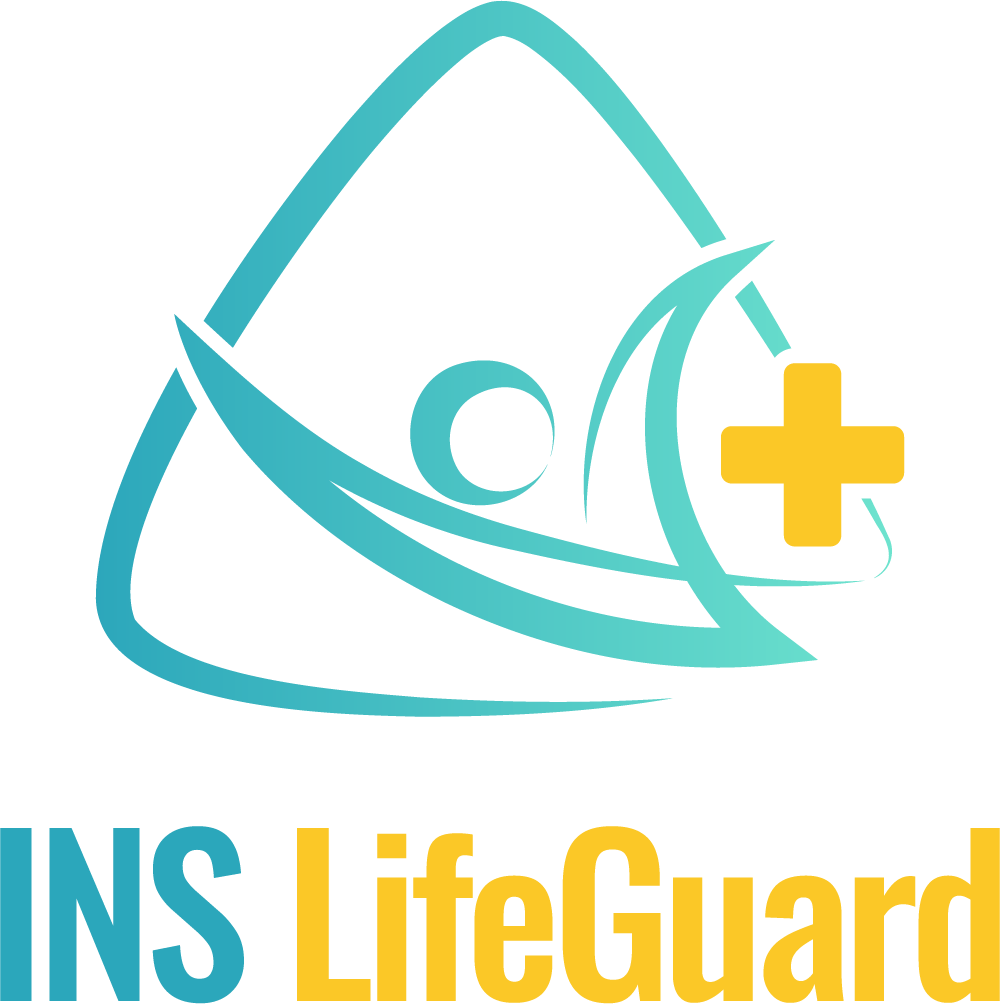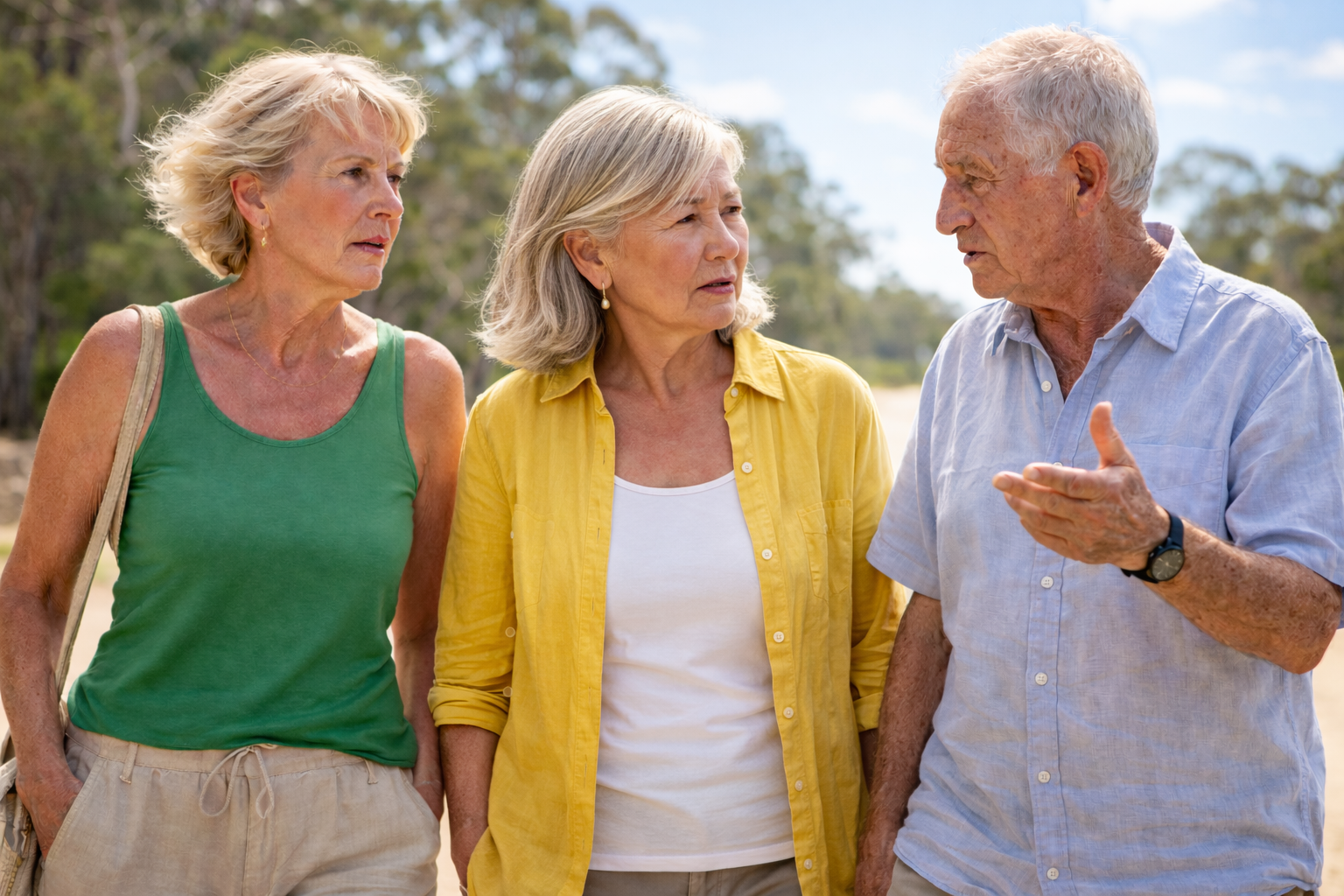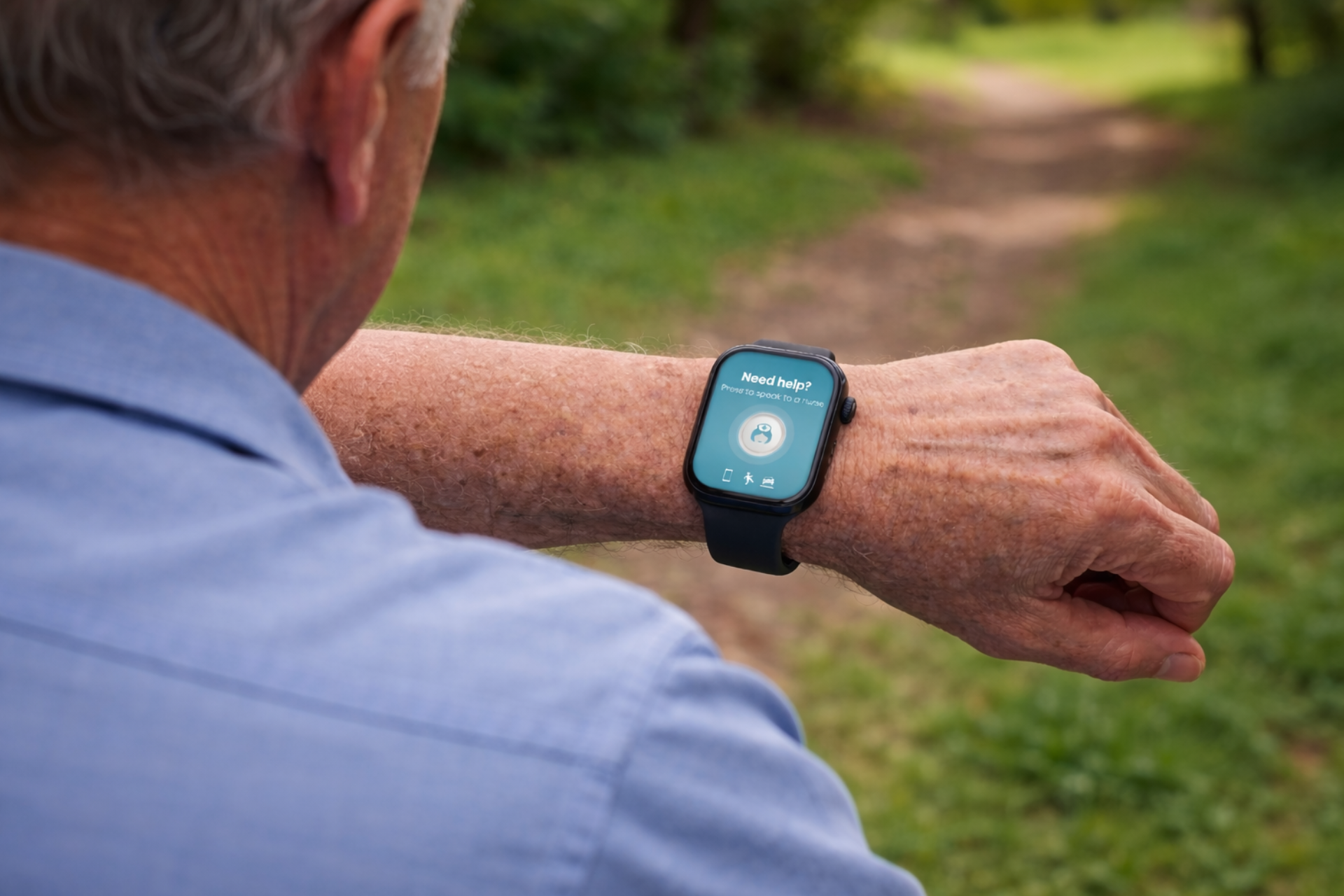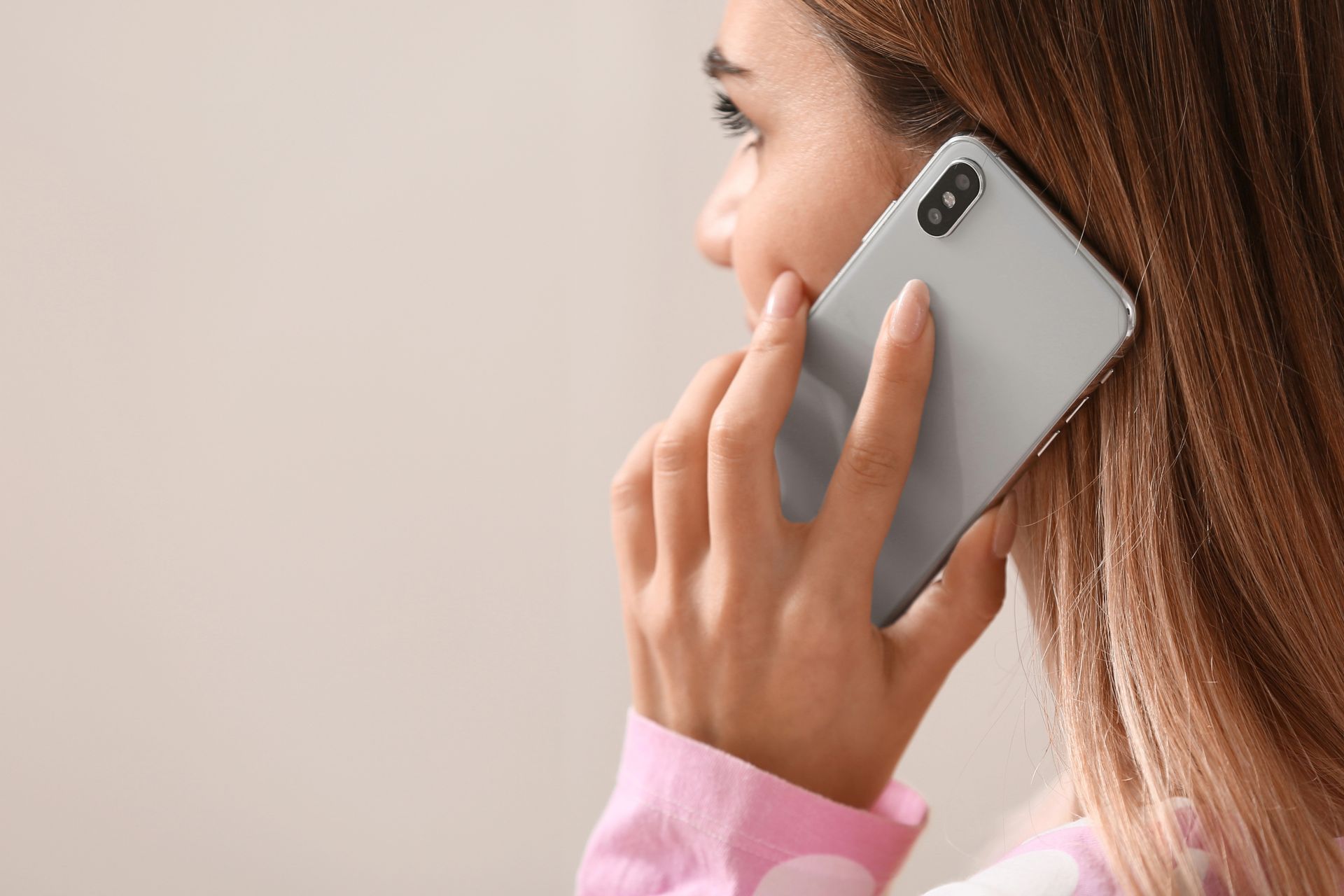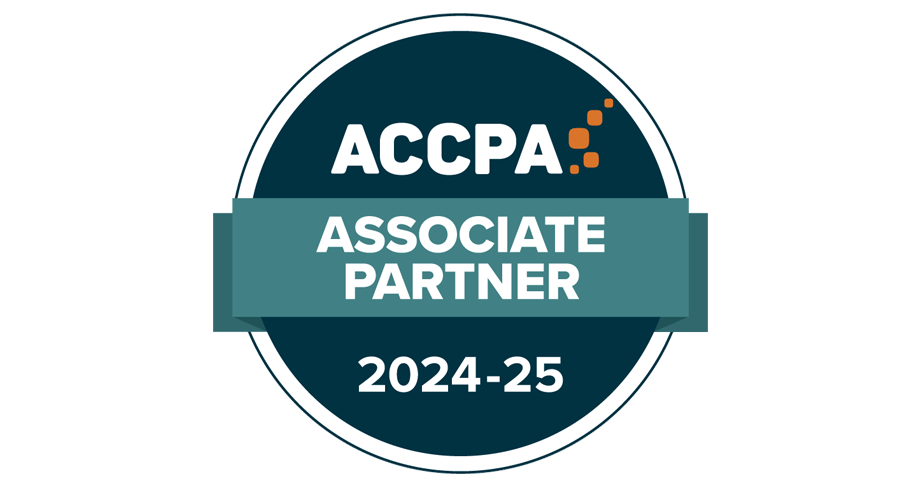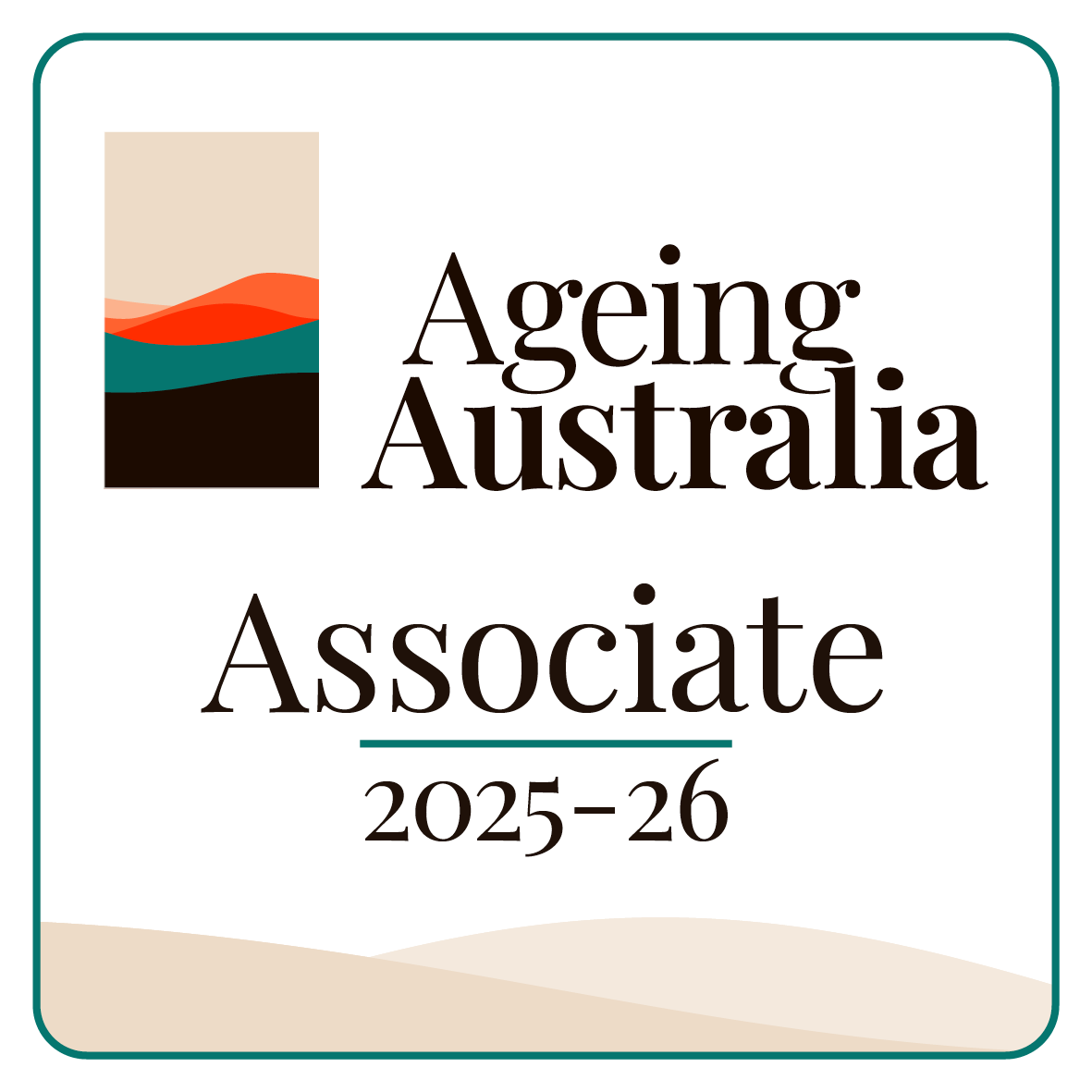Have a Question?
Survive the Heat: Safety Tips for Australians

Heat kills more Australians than any other natural disaster. With temperatures already soaring this spring, now is the time to prepare and protect vulnerable Australians, including seniors, people with disabilities, lone workers, and those with chronic conditions.
As we head into the end of October, Australia is experiencing unusually high heat across multiple states. Whether you're a senior, living with a chronic condition, working remotely, managing a disability, or simply living alone, rising heat is more than uncomfortable; it can be dangerous.
This is the time to rethink not just "What if I fall?" but "What if extreme heat strikes?" And what kind of support system is in place when it does?
What is a Heatwave?
A heatwave is a period of unusually and uncomfortably hot weather that can affect health, safety, and infrastructure. It can:
- Worsen chronic health conditions
- Increase the risk of dehydration, heat exhaustion, and heatstroke
- Lead to power outages, transport issues, and service disruption
Anyone can be affected, but some people are much more vulnerable.
Is the Heatwave Just a Blip or a Sign of What’s Ahead?
Meteorologists are reporting temperatures up to 15°C above average in many regions. The Bureau of Meteorology warns that extreme conditions are expected to continue into the summer months, with October to April now officially recognised as Australia’s “Higher-Risk Weather Season.”
What this means: These conditions are arriving earlier and lasting longer. This means traditional “safe periods” may be shrinking, especially for vulnerable groups.
Older adults
As people age, the body becomes less efficient at regulating temperature. Older adults are more prone to dehydration, heat stress, and heatstroke, especially if they live alone or have existing health conditions.
People with disabilities
Those with mobility, sensory, or cognitive impairments may find it difficult to recognise the signs of heat illness or to take action quickly, such as moving to a cooler space or drinking water.
People with chronic conditions
Chronic illnesses such as heart disease, diabetes, kidney disease, and respiratory problems can be made worse by extreme heat and dehydration.
People taking medications that affect heat regulation
Certain medications can interfere with the body’s ability to sweat or regulate temperature. These include fluid tablets (diuretics), antidepressants, antipsychotics, heart medications, and allergy or cold medications. Always check with a doctor or pharmacist before hot weather begins.
Babies and young children
Children’s bodies heat up faster than adults’, and they rely on adults to keep them cool, hydrated, and shaded. They should never be left in cars or enclosed spaces.
Pregnant or breastfeeding women
Pregnancy increases the body’s workload, making it harder to manage heat. Dehydration can also affect milk supply and well-being for both mother and baby.
Lone workers or isolated individuals
People working alone or in remote environments may not have access to immediate support, cooling, or medical help during a heat event. INS LifeGuard’s monitored alarms and GPS tracking can provide vital backup in these situations.
People living alone
Those living alone are less likely to have someone notice early signs of heat distress. Regular check-ins from family, neighbours, or care services are essential.
Mental health clients
Conditions such as dementia, anxiety, or depression can impair decision-making and awareness. Individuals may forget to drink water, close blinds, or take steps to cool down.
Those affected by drug or alcohol use
Substance use can reduce the body’s ability to respond to heat and can cause dehydration, increasing the risk of heat-related illness.
Outdoor workers or physically active people
Anyone working, exercising, or spending long periods outdoors is at high risk of dehydration and heat exhaustion, particularly if they are not drinking enough fluids or taking regular breaks in the shade.
What You Can Do
Survive the Heat
- Drink Water – Even if you don’t feel thirsty.
- Hot Cars Kill – Never leave kids, pets, or anyone in a parked car.
- Keep Cool – Use air conditioning, draw blinds, use fans, take cool showers.
- Plan Ahead – Avoid outings during the hottest part of the day.
- Help Others – Check on vulnerable people who may struggle in the heat.
Heat Wave Safety for Seniors
- Wear the right clothing – Light, breathable, and sun-safe.
- Apply sunscreen often – Protect from sunburn and overheating.
- Drink plenty of fluids – Stay hydrated, especially with medications.
- Stay indoors as much as possible – Especially during peak sun.
- Wear eye protection – Sunglasses with UV protection.
- Keep a check on your medications – Some increase heat sensitivity.
Signs of Heat-Related Illness
Mild to moderate symptoms:
- Headaches, dizziness, or nausea
- Muscle cramps or weakness
- Rapid heart rate
- Vomiting or feeling faint
Severe or life-threatening signs:
- Confusion, delirium, or stroke-like symptoms
- Dry, red, hot skin with no sweating
- Seizures or collapse
- Rapid heartbeat or loss of consciousness
Call 000 or press your INS LifeGuard personal alarm immediately if you notice these signs.
Heatwaves and Medications
Some medications increase your risk during hot weather. These include:
- Diuretics (fluid tablets)
- Beta-blockers and blood pressure medications
- Antidepressants and antipsychotics
- Antihistamines and cold/allergy medications
- Seizure medications (anticonvulsants)
- Digoxin and heart-related medications
Speak with your doctor if you’re unsure whether your medications put you at greater risk during a heatwave.
Preventing and Managing Dehydration
- Drink water regularly — don’t wait until you’re thirsty
- Avoid alcohol, tea, coffee, and sugary drinks
- Use electrolyte drinks after sweating heavily
- Stay cool: fans, cool showers, air-conditioned areas
- Wear light, loose clothing
- Monitor urine — dark or reduced urine indicates dehydration
Heat Safety Tips
- Stay indoors during peak heat (11 am–4 pm)
- Block sunlight with blinds or awnings
- Plan outdoor activities for early morning or evening
- Cool your body with wet cloths, fans, or foot baths
- Wear a wide-brim hat, SPF 50+, and UV sunglasses
- Check in on elderly neighbours, friends, or family
If your home is too hot, consider visiting a shopping centre, library, or community space with air-conditioning.
Free Download: Survive the Heat - Quick Response Guide
Be heatwave-ready with our printable “Survive the Heat” quick guide.
This easy-to-follow reference helps you recognise early signs of heat-related illness and know what to do when symptoms strike. Whether you're caring for an elderly loved one, managing a disability, or simply want peace of mind, this guide belongs on every fridge, noticeboard, or care station.
What’s inside:
- Early warning signs of dehydration and heat stress
- Step-by-step instructions for managing heat exhaustion
- Life-saving actions in case of heatstroke
- When to call for help (and what to do while waiting)

When to Seek Help
Call 000 or press your INS LifeGuard alarm if:
- Symptoms worsen or do not improve with rest and cooling
- Confusion, unconsciousness, or seizures occur
- The skin is red, dry, and hot with no sweating
For non-emergency support:
- Rest in a cool location
- Rehydrate slowly and consistently
- Use wet cloths and fans
Call 1800 636 040 or press your LifeGuard personal alarm for nurse on call support, reassurance and emergency response if required.
Your Pre-Summer Safety Checklist
At Home:
- Ensure fans or air-conditioning units are functioning.
- Close blinds/curtains during peak heat.
- Keep water accessible in every room.
- Use assistive tech like voice controls or large-button alarms for accessibility.
- Talk to your GP about heat-sensitive medications.
When Away / Working Alone:
- Inform someone of your schedule and check-in time.
- Know the early signs of heat stress: dizziness, nausea, weakness.
Emergency Preparedness:
- Monitor heat and fire warnings.
- Update emergency contact lists.
How INS LifeGuard Supports You During Heatwaves
- 24/7 emergency monitoring with qualified nurses and clinical responders
- Two-way voice communication and GPS tracking
- Rapid response and triage for signs of heat stress
- Ongoing support for seniors, lone workers, carers, and disability clients
- Peace of mind for clients and their families during extreme weather events
Call or press your LifeGuard alarm for nurse-led triage
Get Advanced Support:
The INS LifeGuardian app with smartwatch monitoring part of our premium plan can save lives by:
- Monitor vital signs like heart rate, oxygen levels, and wrist temperature
- Detect heat-related stress before symptoms become serious
- Automatically alert INS LifeGuard nurses to intervene early
Discover how INS LifeGuard can help. Call 1800 636 040 or visit our website here.
Frequently Asked Questions (FAQs)
What temperature is dangerous for seniors and others at risk in Australia?
Prolonged exposure to temperatures over 30°C can be risky, especially for people with chronic illness, disabilities, or age-related vulnerability.
How can I keep vulnerable family members safe during a heatwave?
Ensure a cool environment, hydration, regular check-ins, and access to a personal alarm that connects to medical support.
What’s the best personal alarm for heat emergencies?
A GPS-enabled monitored alarm with 24/7 nurse-led response, like those from INS LifeGuard, provides rapid help and clinical guidance in any emergency.
Let’s Get Prepared
- Check your device now: Is it working, charged, and on you?
- Review your heat safety plan: both at home and away.
- Make sure your emergency contacts are updated.
- Stay informed: know when high temperatures are coming.
Conclusion
In a world of rising extremes, safety means more than reacting it means preparing. Heatwaves are more than uncomfortable; they can be deadly for vulnerable Australians. With the right knowledge, support, and access to help, we can stay safe and protect our loved ones.
Let’s get ready for the heat ahead. Together.

About
INS LifeGuard is the only 24/7 nurse on-call personal and medical monitoring in Australia. We provide monitoring technology for both in the home and on the go and can also monitor other provider's equipment. Our services are suitable for anyone wanting support to stay independent such as the elderly, those with medical conditions and disabilities plus enhancing safety and security for lone workers.
